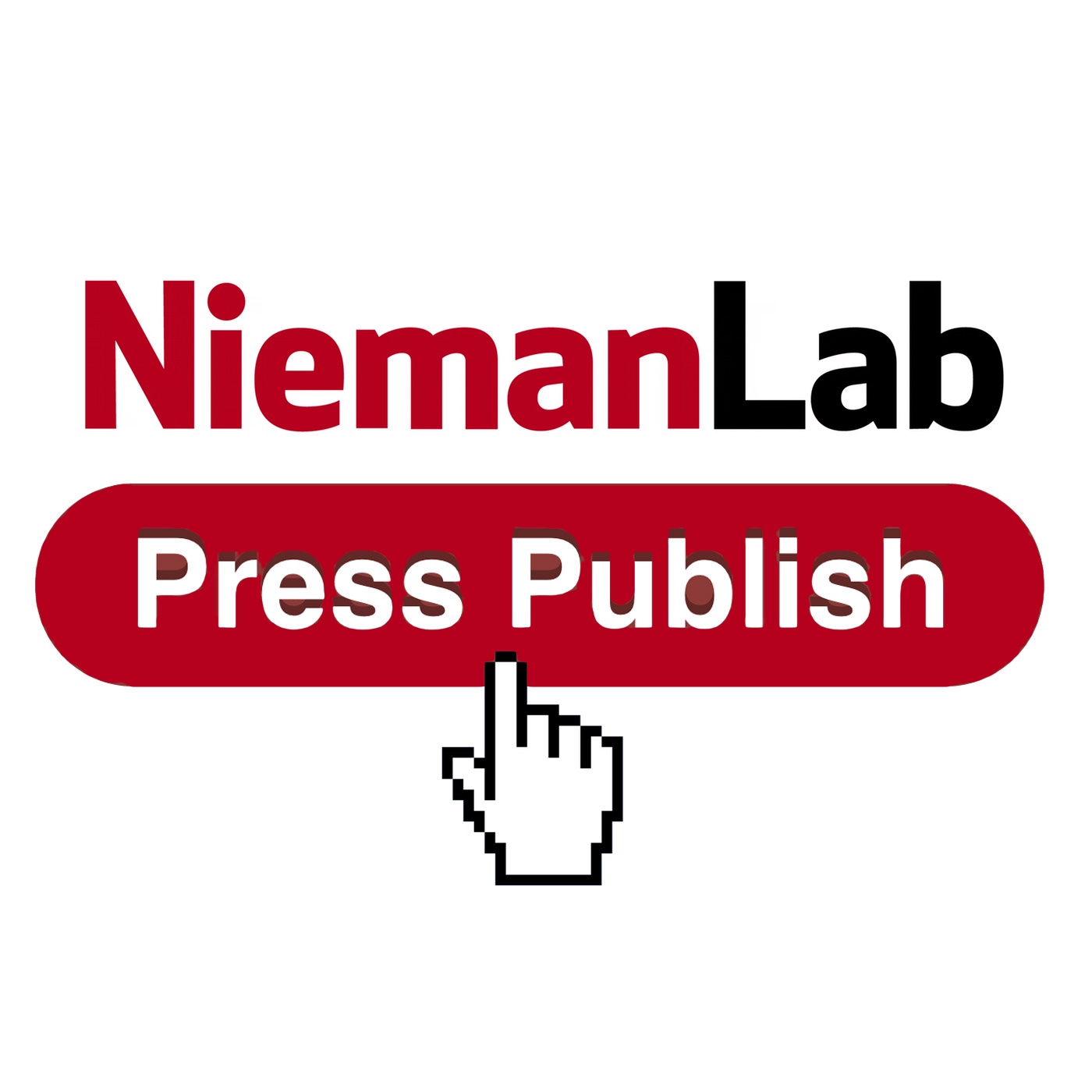
It’s Episode 12 of Press Publish, the Nieman Lab podcast!
 My guest in today’s episode is Jesse Holcomb, an associate director of research at the Pew Research Center. Jesse is one of Pew’s lead researchers on journalism, which means he’s been part of a lot of interesting projects — analyzing issues like how local news is surviving in the Internet age, digital security for investigative journalists, and how stories get consumed on social media.
My guest in today’s episode is Jesse Holcomb, an associate director of research at the Pew Research Center. Jesse is one of Pew’s lead researchers on journalism, which means he’s been part of a lot of interesting projects — analyzing issues like how local news is surviving in the Internet age, digital security for investigative journalists, and how stories get consumed on social media.
It’s not overstating it to call Pew an essential player of the contemporary journalism landscape. Their audience surveys, their deep analysis, their data crunching — they’re all a big part of what we know about how things are changing. And by reminding us that, actually, not everyone is on Twitter all day, and hey, local tv is still the No. 1 way people get their news, they provide a useful corrective for those of us who sit in front of a screen all day.
Jesse and I talked about my slight panic over the future of local news, how they’re thinking about studying the presidential election cycle we’re entering, and how Pew’s own approach to getting its findings out is changing. Here’s our conversation.
Or listen in your browser:
[audio:http://traffic.libsyn.com/niemanlab/PressPublish012.mp3]
Jesse Holcomb’s bio
@JesseHolcomb
Pew Research Center
Our many, many NIeman Lab stories about Pew’s research over the years
Pew’s 2015 State of the News Media report
Pew’s Journalism & Media work
Pew Charitable Trusts
Pew’s Religion & Public Life and Internet, Science & Tech
“15% of Americans don’t use the internet. Who are they?” (Monica Anderson and Andrew Perrin)
“How Americans Get TV News at Home” (Kenneth Olmstead, Mark Jurkowitz, Amy Mitchell, and Jodi Enda)
“In Changing News Landscape, Even Television is Vulnerable”
Michele’s List
“ASNE releases 2015 newsroom census results”
“The Growth in Digital Reporting” (Mark Jurkowitz)
“Stickier News: What Newspapers Don’t Know about Web Traffic
Has Hurt Them Badly — But There is a Better Way” (Matt Hindman paper)
“What the Public Knows — In Pictures, Words, Maps and Graphs”
“Voter turnout always drops off for midterm elections, but why?” (Drew DeSilver)
Alan I. Abramowitz
“What information does” (on Abramowitz’s research, by Austin Frakt)
“Political Polarization & Media Habits” (Amy Mitchell, Jeffrey Gottfried, Jocelyn Kiley, and Katerina Eva Matsa)
Walter Lippmann on journalism
“9 Most Scathing Jon Stewart Cable News Takedowns on ‘The Daily Show’ (Videos)”
“Cable News: Fact Sheet”
“Preach the gospel, and if necessary, use words”
Pew Research’s Fact Tank
“As Jon Stewart steps down, 5 facts about The Daily Show” (Jeffrey Gottfried, Katerina Eva Matsa, and Michael Barthel)
“The Evolving Role of News on Twitter and Facebook” (Michael Barthel, Elisa Shearer, Jeffrey Gottfried, and Amy Mitchell)
“Local News in a Digital Age”
“Millennials and Political News: Social Media – the Local TV for the Next Generation?” (Amy Mitchell, Jeffrey Gottfried, and Katerina Eva Matsa)